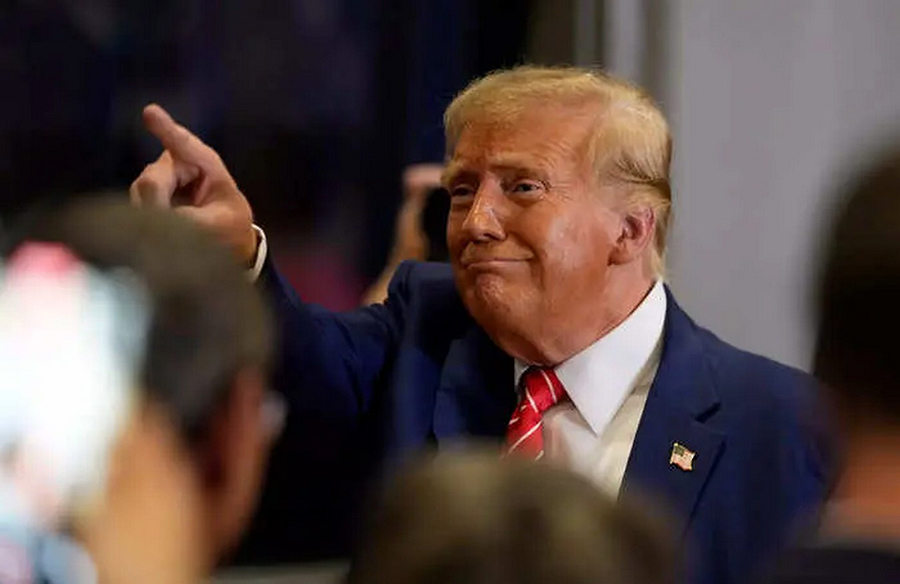
Donald Trump’s ever-changing stance on TikTok has left many scratching their heads. From advocating for a ban while in office to now endorsing its presence in the US, Trump’s inconsistency has raised eyebrows and sparked speculation. Let’s delve into three theories that attempt to explain this enigmatic flip-flop.
1. The Influence of Billionaires and Political Backing
Some observers point to Trump’s recent meeting with billionaire investor Jeff Yass, who has ties to TikTok’s parent company, ByteDance, and is a prominent Republican supporter. The newfound camaraderie between Trump and Yass, coupled with the backing of Republican lobbying groups, suggests a possible influence on Trump’s change of heart. However, this theory hinges on the assumption that Trump’s decisions are solely driven by financial interests and political alliances.
2. Concerns Over Privacy and National Security
Republican Senator Rand Paul offers a different perspective, suggesting that Trump’s initial push to ban TikTok stemmed from genuine concerns about data privacy and national security. By threatening a ban, Trump may have pressured TikTok to address these concerns through initiatives like Project Texas, aimed at securing American users’ data. This theory suggests that Trump’s apparent flip-flop reflects a strategic move to leverage public pressure for positive outcomes.
3. Political Opportunism and Attention-Seeking Behavior
Alternatively, some argue that Trump’s stance on TikTok was never grounded in genuine concern but rather driven by a desire for attention and political grandstanding. Trump’s erratic approach to TikTok, characterized by inconsistent statements and unfulfilled promises, suggests a pattern of behavior aimed at garnering media attention rather than effecting meaningful change. This theory posits that Trump’s recent reversal is simply another chapter in his unpredictable political playbook.
While Trump’s shifting stance on TikTok may remain a topic of debate, it’s essential to acknowledge that he is not alone in displaying inconsistency regarding the app. President Joe Biden’s support for legislation targeting TikTok’s US operations, despite his campaign’s active presence on the platform, highlights similar contradictions within the political sphere.
In conclusion, Trump’s TikTok flip-flop underscores the complexities of navigating technology policy in an increasingly digital world. Whether driven by financial interests, national security concerns, or political opportunism, Trump’s evolving position on TikTok reflects broader challenges in reconciling technological innovation with regulatory oversight. As debates over TikTok’s future continue to unfold, one thing remains clear: the intersection of technology and politics is ripe for scrutiny and debate.










Leave a Reply